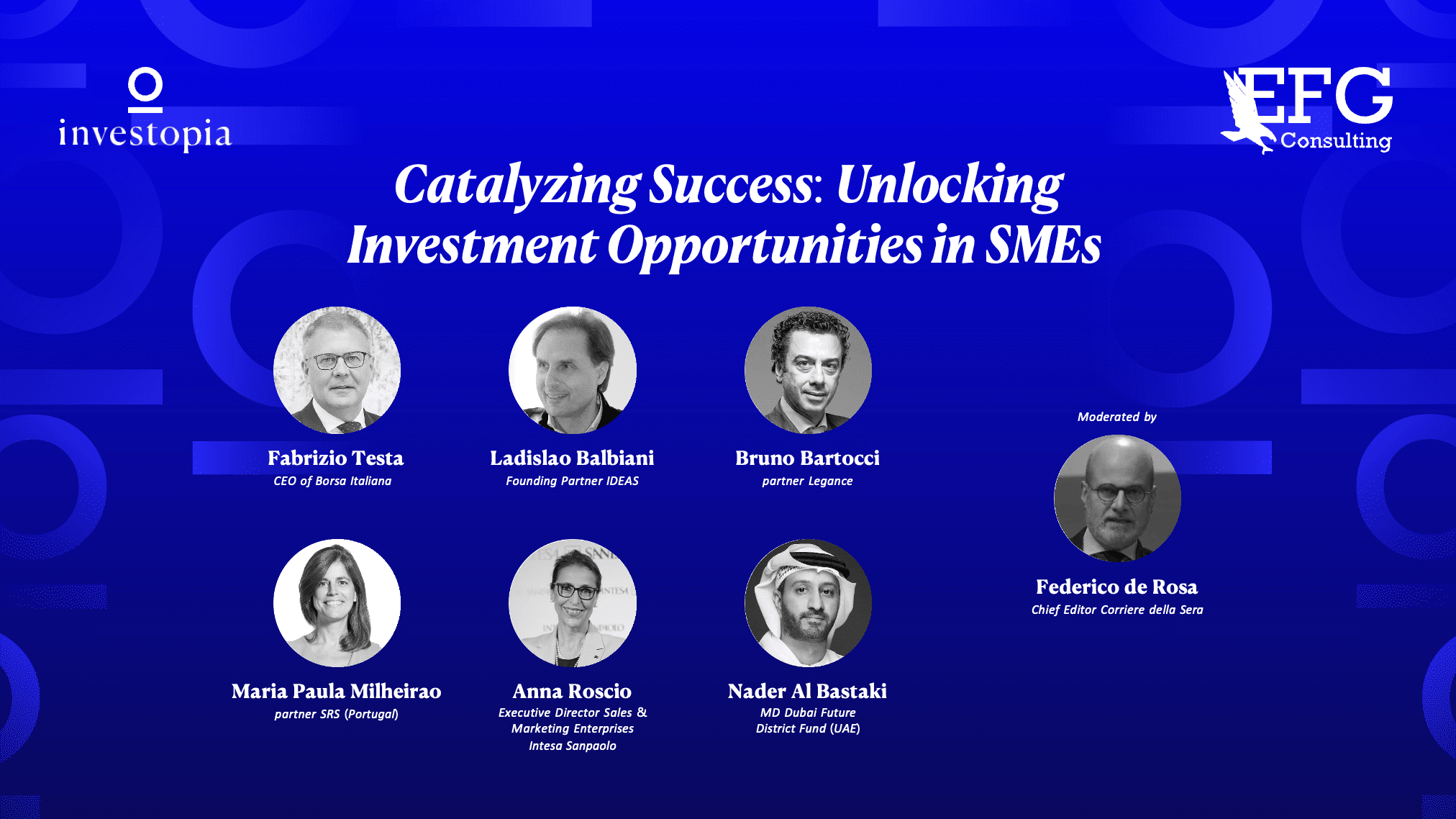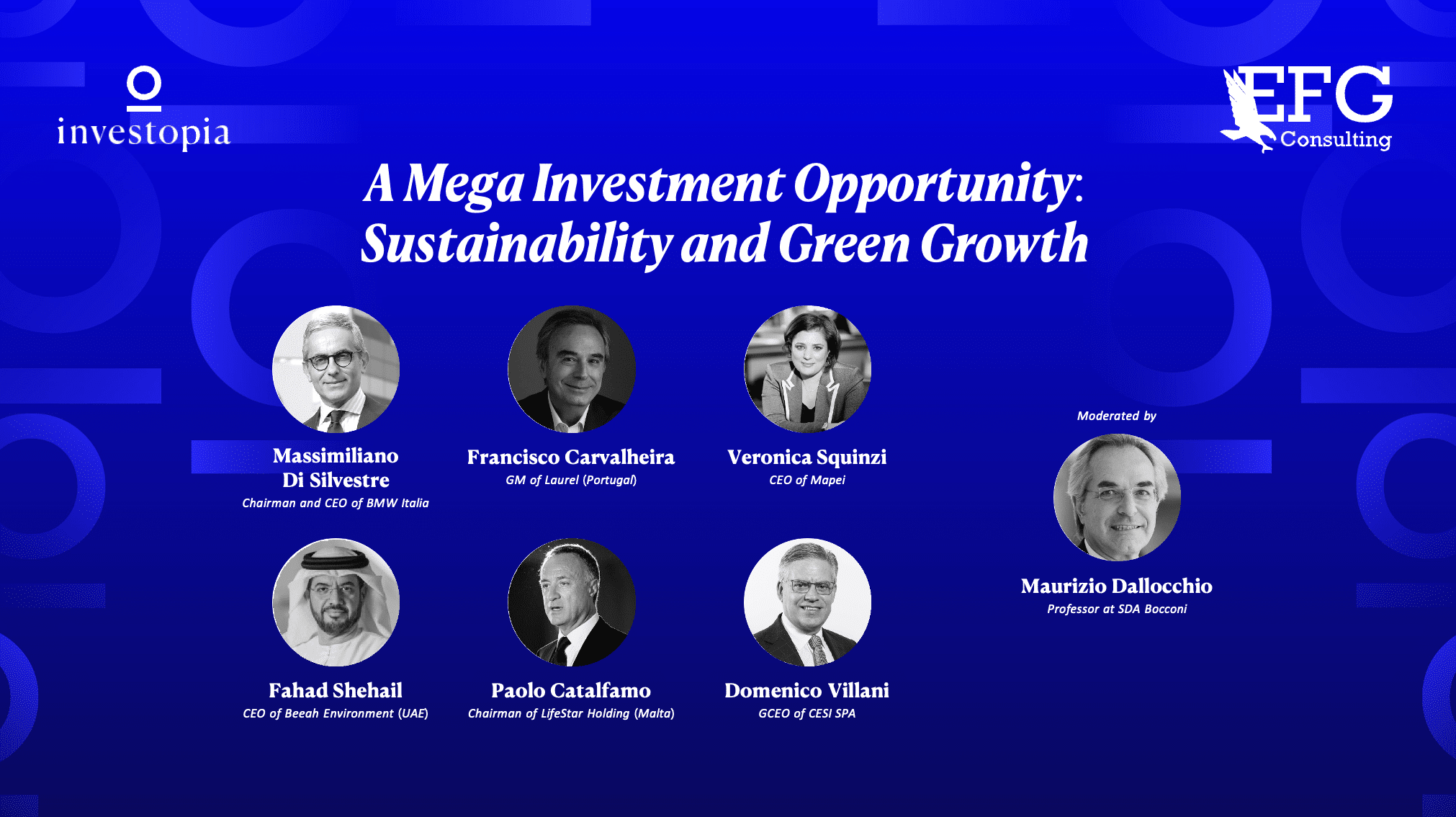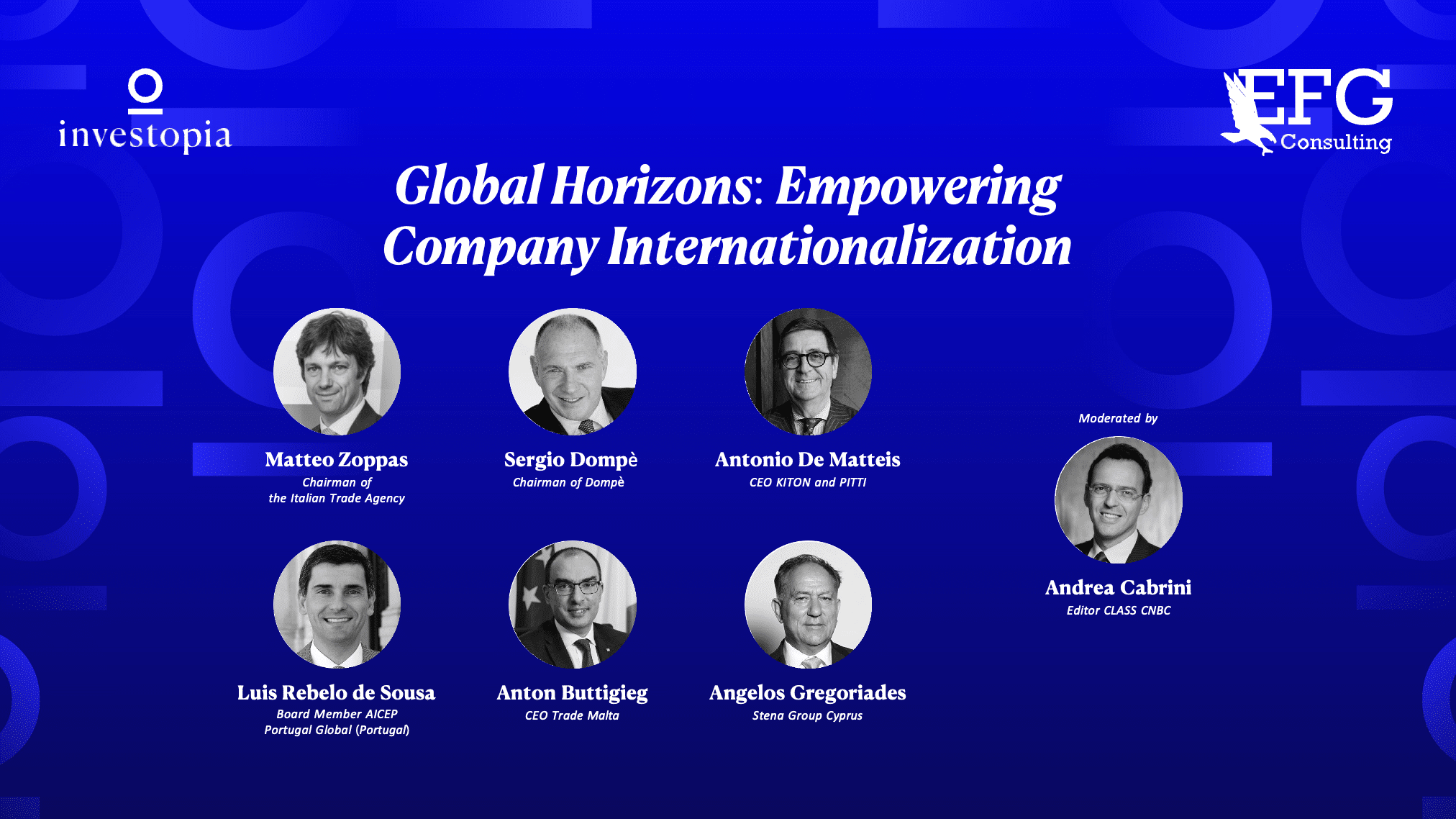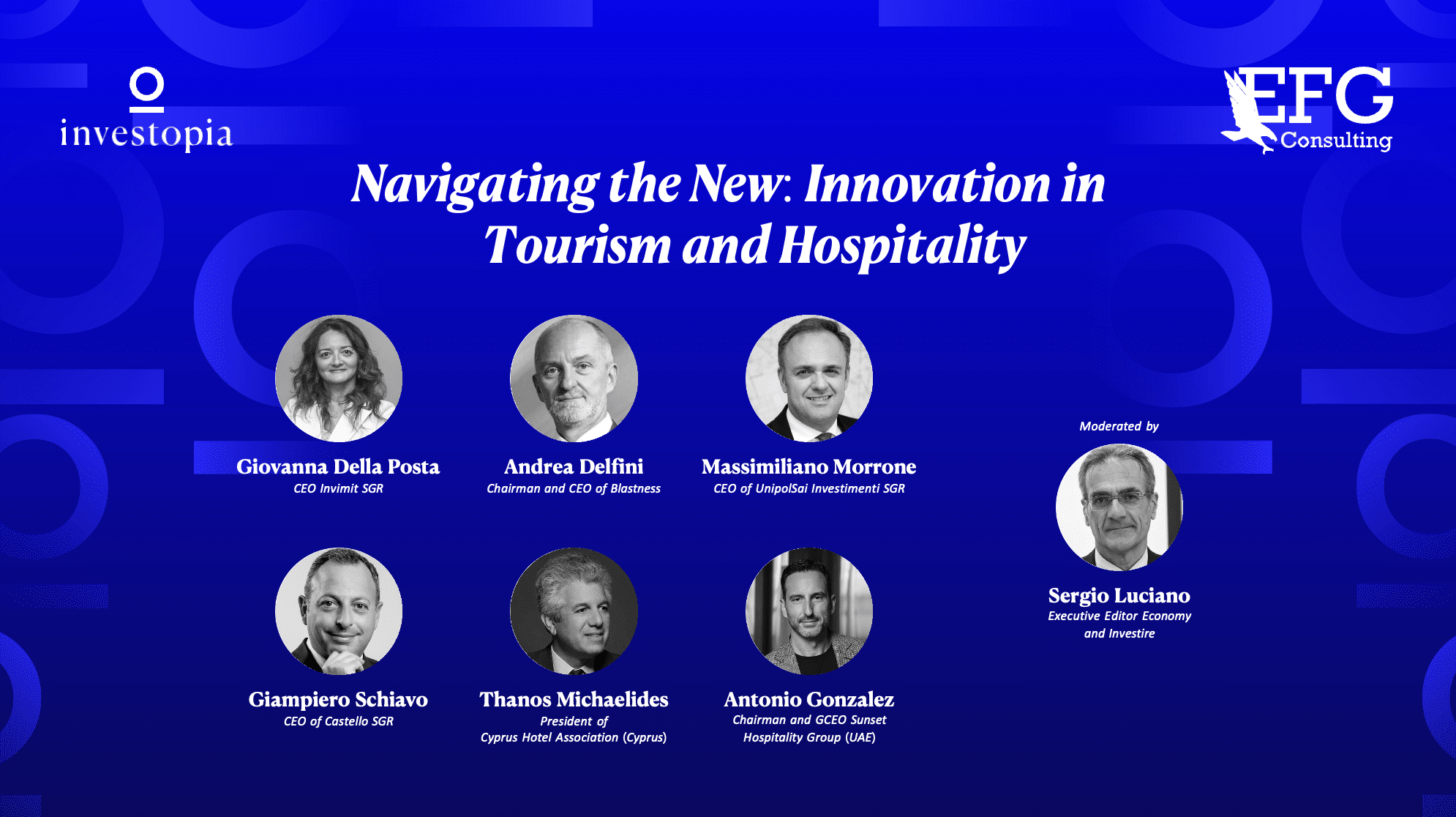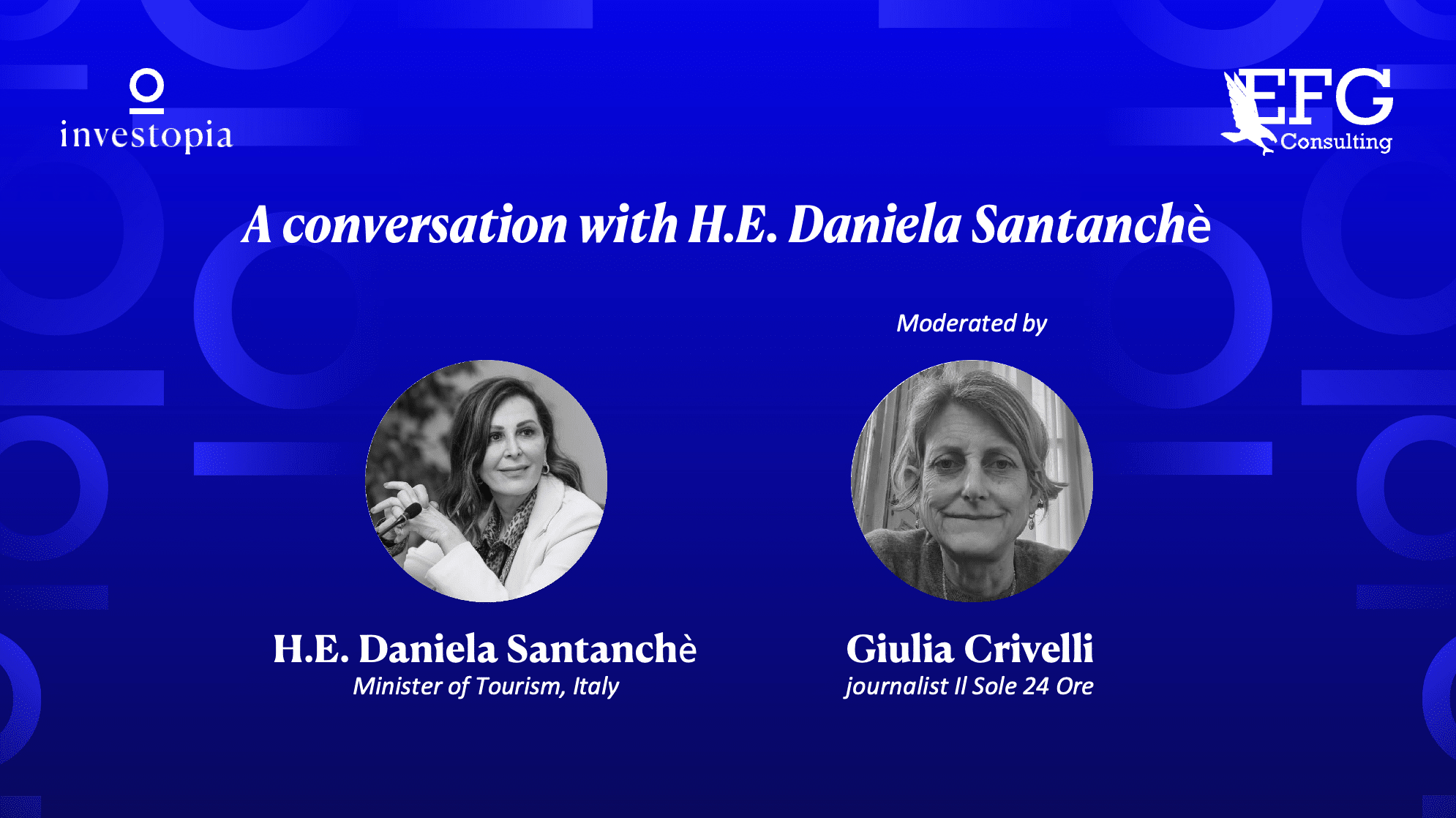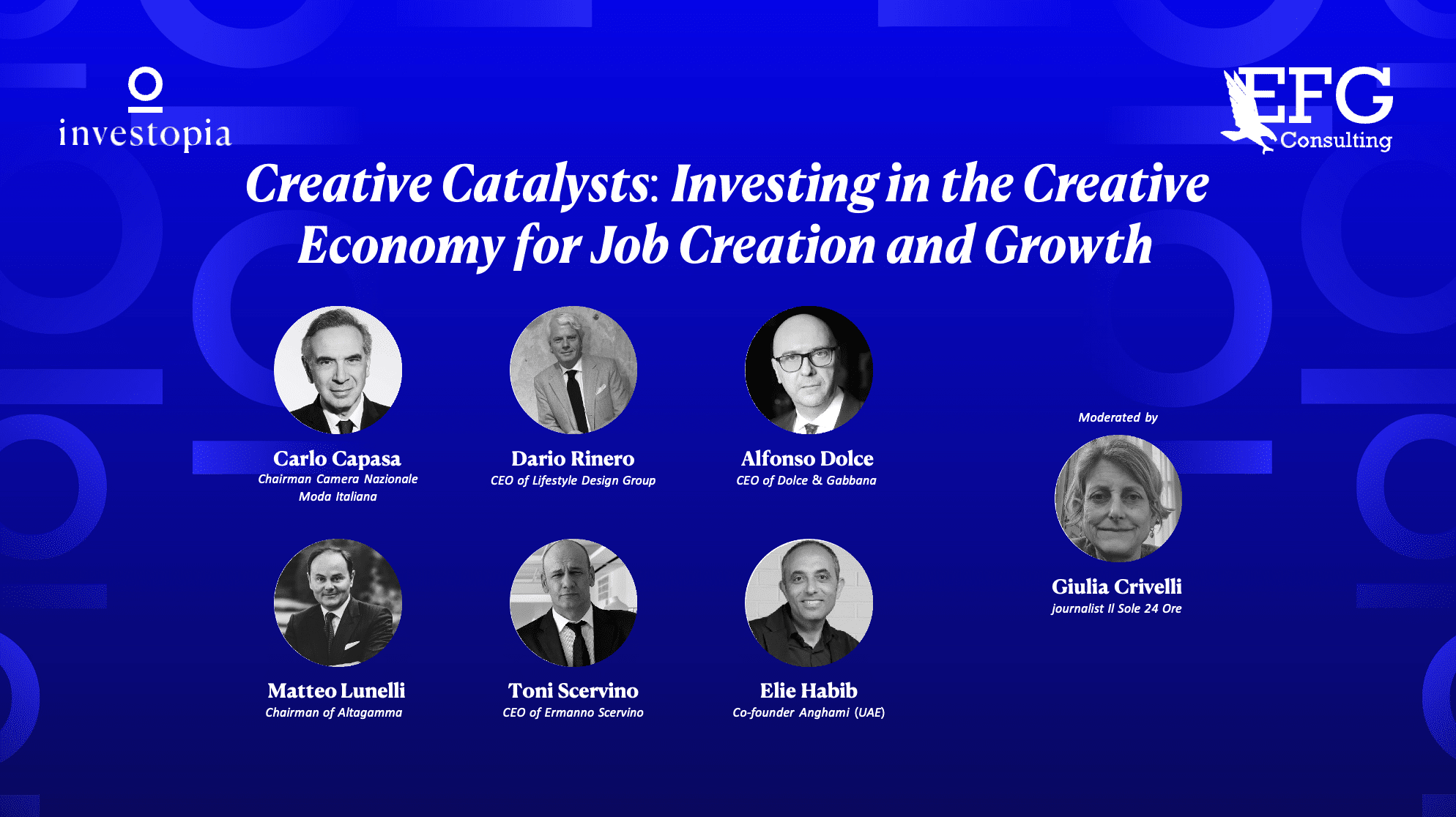Session Speakers:

Abdulla Almoayed
Founder and CEO, Tarabut Gateway

Ali Abulhasan
Co-Founder and CEO, TAP Payments

Hosam Arab
Co-Founder and CEO, Tabby

Ola Doudin
Co-Founder and CEO, BitOasis
Share
Listen to this content
Key Takeaways
- The MENA region is experiencing rapid growth in crypto penetration, with 1500% over the past 18 months and a rate of 15x compared to the global average of 8x.
- Buy Now Pay Later (BNPL) offers customers easy financing solutions at checkout, usually charging solely to the merchant. Tabby offers free financing to customers, with the cost fully funded by the merchant.
- Open Banking offers financial management tools and helps reduce intermediaries, leading to more accessible, faster, and cheaper transactions.
- There is still much room for growth in the MENA region, which has less than 350 retail banks within 18 jurisdictions.
- FinTechs are not there to challenge or end banks, but they can work alongside them to improve what they offer consumers.
- The MENA region is very diverse and fragmented, making growth difficult.
- Passporting across different regulatory regimes is a significant challenge for FinTechs that will naturally operate across national and international borders.
- Many governments in the GCC are trying to become the FinTech capital, their regulatory sandbox is growing, and they are acting more proactively regarding regulations.
- Some of the region’s governments are playing a positive and accelerating role in adopting Open Banking.
Investopia’s Inaugural Summit brought together some of the top Fintech founders in the Middle East to discuss the state of the industry in the region. The panel discussion was titled “Inside a Region Reshaping Fintech: Meet the Founders of Top Middle Eastern Ventures”. Nadim Nazha, the Executive Director of the IB Division at Goldman Sachs, moderated the session. The panelists were Ola Doudin, the CEO of BitOasis; Hosam Arab, the CEO of Tabby; Abdullah Almoyed, the CEO of Tarabut Gateway; and Ali Abulhasan, the CEO of TAP Payments.
Ola Doudin, the CEO of BitOasis, talked about the need for accessible cryptocurrency infrastructure in the region. She founded BitOasis in 2015 to provide a safe and user-friendly infrastructure for cryptocurrency transactions. Doudin stated that the MENA region is having its “crypto moment” with rapid growth rates in crypto penetration, 1500% over the past 18 months, and a rate of 15x compared to the global average of 8x. She highlighted the need for more government regulations to curb unregulated peer-to-peer activities. Cryptocurrency is growing in adoption, with many governments in the Gulf adopting forward-looking regulatory frameworks. However, the regulatory frameworks remain very restrictive in other parts of MENA. Doudin believes crypto will not be broadly accepted as a currency anytime soon. However, the technology can potentially disrupt payment channels and financial services and introduce new solutions in financial services.
Hosam Arab, the CEO of Tabby, talked about the benefits of Buy Now Pay Later (BNPL) solutions. Tabby is the Middle East’s first and largest BNPL provider, with more than $180 million raised in funding. Arab noted that BNPL grew steadily until the pandemic hit, leading to even higher penetration rates. Tabby’s solution is free for customers, and the merchant fully funds the cost. The company has over 3,000 global brands and small businesses, including Adidas, H&M, IKEA, and Bloomingdale. Arab highlighted that BNPL is here to stay and will compete with credit cards. The company focuses on complementary offerings that are more curated to the customer’s projected behavior, starting with the loyalty program that sits on the Tabby wallet and offers cash back to the consumer. The company is also building a discovery platform for shopping in the region.
Abdulla Almoyed, the CEO of Tarabut Gateway, talked about the benefits of Open Banking. Tarabut Gateway is the first and largest Open Banking platform in MENA. The company connects a regional network of banks and Fintechs via a universal API. Open banking standardizes how third-party applications can securely access data to enable financial management tools, such as consolidating data from different banks, setting up overspending notifications, and encouraging savings. Almoyed noted that standardized API is like a standardized language across the board, allowing systems to write on each other. Tarabut Gateway is an enabling infrastructure that powers the next generation of Fintechs. Almoyed stated that traditional wealth centers, notably banks, see the value of the solutions offered by Fintechs.
Ali Abulhasan, the CEO of TAP Payments, spoke about the company’s aim to simplify business payments and a seamless customer payment experience. TAP Payments offers its services to more than 1,000 businesses and major corporations. Abulhasan noted that the MENA region is diverse and fragmented, making growth difficult.
Looking at the current trends and the future of the fintech industry in the Middle East, one can see that the region is undergoing a transformative phase. At the Investopia 2022 Inaugural Summit, a panel of the region’s top fintech founders and executives shared their insights on the industry, its growth, and the challenges ahead.
Ola Doudin, Co-Founder and CEO of Bitcoin Oasis, discussed how BitOasis was founded in 2015 and has since become the leading cryptocurrency platform in the MENA region, focusing on accessibility for customers in the region. She also highlighted the current trends in cryptocurrency, with the MENA region experiencing rapid growth rates in crypto penetration, emphasizing the need for governments to regulate this growth.
Hosam Arab, Co-Founder and CEO of Tabby, spoke about his company’s Buy Now Pay Later (BNPL) solutions, which allow customers to enjoy flexible payment options both online and in-store without interest, fees, or debt traps. He also highlighted how Tabby’s solutions require zero forms to be filled, making checkout a frictionless process for consumers.
Abdulla Almoyed, Founder and CEO of Tarabut Gateway, talked about the first and largest Open Banking platform in MENA, which connects a regional network of banks and fintech through a universal API. He highlighted how Open Banking enables individuals to make better financial decisions and creates value by introducing new revenue streams to financial institutions.
Ali Abulhasan, Co-Founder and CEO of TAP Payments, discussed how his company simplifies payments for businesses and their customers, offering online payment solutions that accept multiple payment methods, including major debit and credit cards on mobile or website.
The panel also discussed the region’s current challenges and opportunities for fintech and investors. One challenge they mentioned is the diverse and fragmented regional consumer base, making growth difficult, and the diverse and unfavorable regulatory frameworks that vary broadly between countries within the same region. However, they also highlighted the opportunities presented by the fact that many governments, notably in the GCC, are trying to become the fintech capital; their regulatory sandbox is growing, and they are acting more proactively in terms of regulations.
In conclusion, the panel of fintech founders and executives at the Investopia 2022 Inaugural Summit provided insights into the industry’s growth and challenges in the Middle East. The region’s fintech industry is rising, but challenges include a diverse and fragmented consumer base and regulatory frameworks. However, the panelists emphasized that the future of fintech in the region is promising and will continue to disrupt and transform the financial industry.



